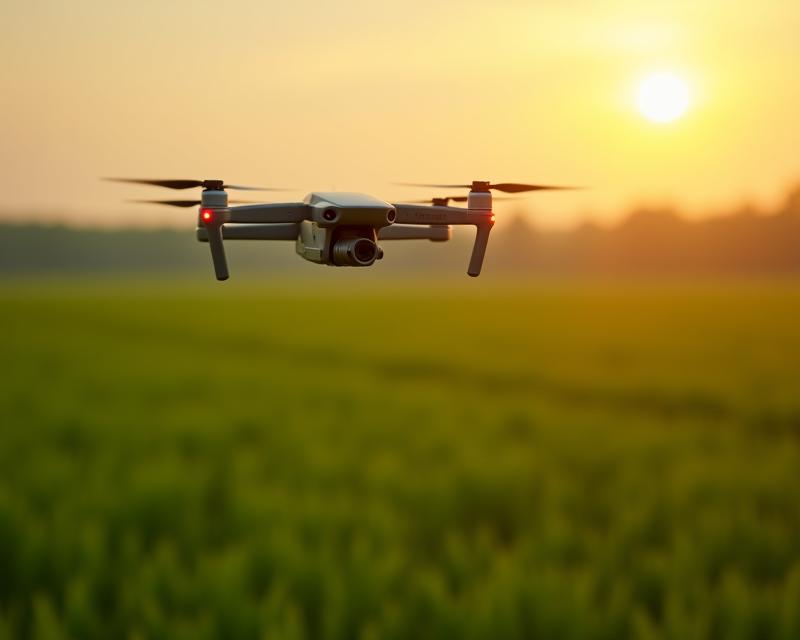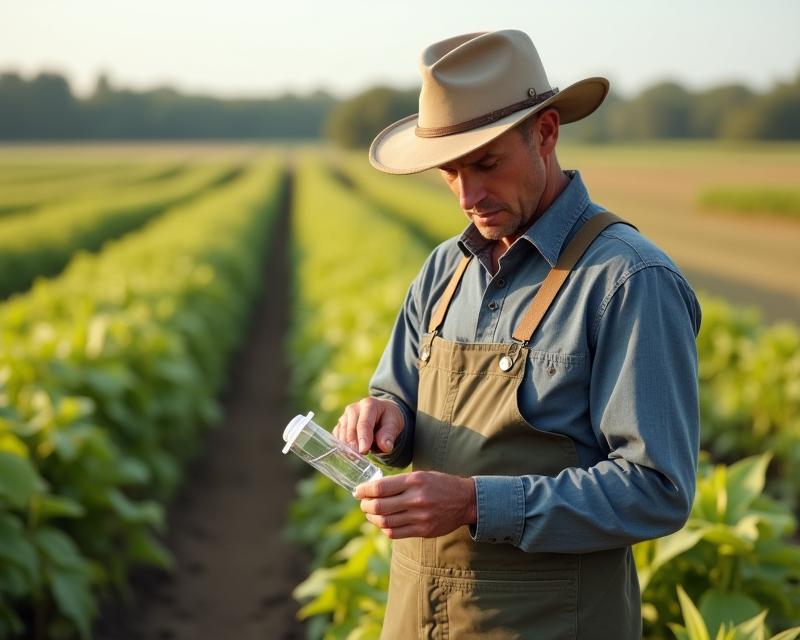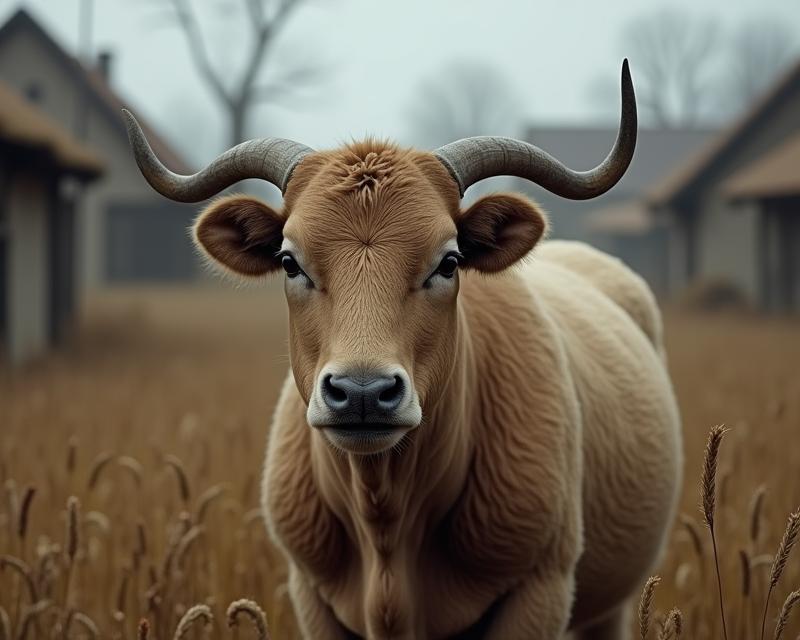Agricultural Drones: A Farmer's Guide
Publish in Agriculture el 04/07/2025 15:56
Agricultural Drones: A Farmer's Guide
Drones are rapidly changing the way farmers and ranchers manage their land. These unmanned aerial vehicles (UAVs) offer a powerful new tool for improving efficiency, reducing costs, and increasing yields. But with so many types available, where do you start? Today, we'll dive into one of the most popular types: multi-rotor drones, and explore how they can benefit your operation.

What are Multi-Rotor Drones?
Multi-rotor drones, like the ones you often see with four, six, or even eight rotors, are the workhorses of agricultural drone technology. They're incredibly versatile and easy to operate, making them a great choice for a wide range of tasks. Their vertical takeoff and landing (VTOL) capability means you don't need a runway, and they can hover in place, which is crucial for precise operations.
Versatile Applications for Farmers
So, what can multi-rotor drones actually *do* on your farm? The possibilities are vast! Crop Spraying is a major application. Drones can precisely target weeds or pests, reducing chemical usage and minimizing environmental impact. They can also cover large areas quickly and efficiently, saving you valuable time and labor. Beyond spraying, these drones excel at detailed field analysis. Equipped with specialized cameras (RGB, multispectral, thermal), they can capture high-resolution images that reveal crop health issues like nutrient deficiencies, disease outbreaks, or irrigation problems. This allows you to address problems early, before they become widespread and costly.
Benefits of Using Drones
Investing in a multi-rotor drone can bring numerous benefits to your farm. Increased Efficiency: Cover more ground in less time. Reduced Costs: Minimize chemical usage and labor expenses. Improved Crop Health: Early detection of problems leads to better outcomes. Data-Driven Decisions: Make informed decisions based on real-time data and imagery. Enhanced Yields: Optimize resource allocation for maximum productivity. Multi-rotor drones are a smart investment for any farmer looking to modernize their operation and improve their bottom line.
Getting Started
While drones offer significant advantages, it's important to be aware of regulations. Check with your local authorities regarding drone operation rules and licensing requirements. There are many reputable drone manufacturers offering a range of models to suit different budgets and needs. Consider consulting with a drone specialist to determine the best drone for your specific farm requirements. With a little research and planning, you can harness the power of drones to take your farming to the next level!





